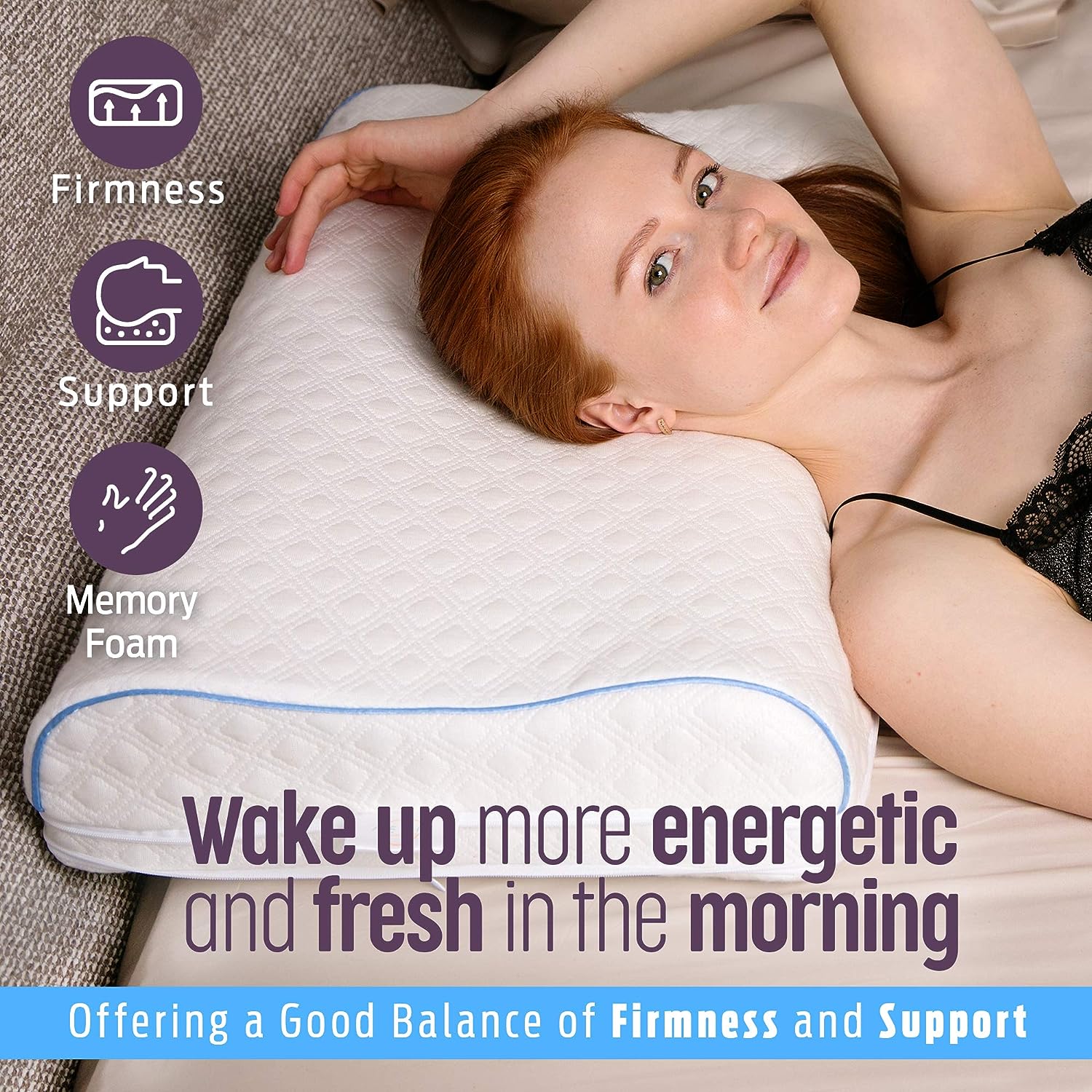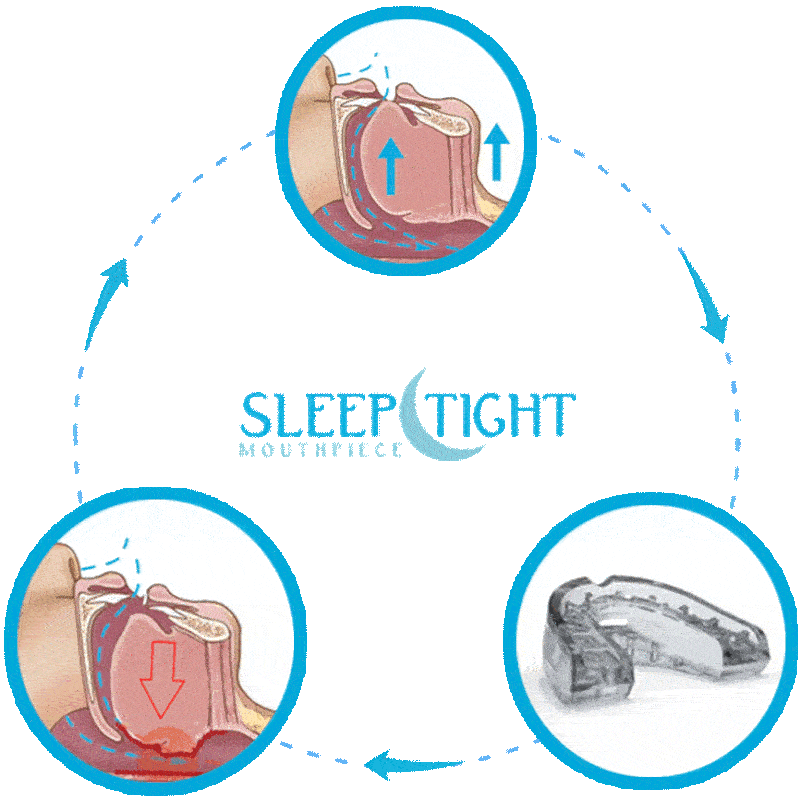Are you tired of tossing and turning at night, unable to get a good night’s sleep? Sleep disorders can be incredibly frustrating and disruptive to your daily life. But don’t worry, there are several effective ways to treat sleep disorders and finally get that much-needed rest. In this article, we’ll explore some of the most commonly recommended strategies for addressing sleep disorders, so you can wake up feeling refreshed and rejuvenated.
One of the first steps in treating sleep disorders is to establish a consistent sleep schedule. This means going to bed and waking up at the same time every day, even on weekends. By regulating your sleep cycle, your body will become accustomed to a set routine, making it easier to fall asleep and wake up naturally. Additionally, practicing good sleep hygiene can also have a significant impact on your sleep quality. This involves creating a sleep-friendly environment, such as keeping your bedroom cool, dark, and quiet, avoiding stimulating activities before bed, and using your bed only for sleeping and intimate activities. By implementing these simple changes, you can create a relaxing atmosphere that promotes better sleep.
In the upcoming article, we’ll explore more effective ways to treat sleep disorders, including the role of exercise, relaxation techniques, and medical interventions. So stay tuned for more tips and tricks to help you achieve that restful slumber you’ve been longing for.

Medication
If you’re struggling with sleep disorders, there are several effective ways to treat them. Medication is one option that can be prescribed by a healthcare professional. Prescription medications such as benzodiazepines or non-benzodiazepine sedative-hypnotics can help induce sleep and regulate sleep patterns. These medications should be taken under the guidance of a healthcare professional, as they may have side effects and can be habit-forming.
Over-the-counter sleep aids are another option for treating sleep disorders. These medications, usually containing antihistamines, can help you fall asleep faster and stay asleep longer. However, it’s important to use them carefully and only as directed, as they can also have side effects and may not be suitable for everyone. It’s always a good idea to consult with a healthcare professional before starting any new medication.
Alternative medicine, such as herbal supplements or homeopathic remedies, is also worth considering. Some people find relief from sleep disorders by using natural treatments such as melatonin, valerian root, or lavender essential oil. However, it’s important to note that the effectiveness of these treatments may vary from person to person, and more research is needed to fully understand their benefits and potential risks.
Lifestyle changes
Making certain lifestyle changes can significantly improve sleep quality and help treat sleep disorders. One of the most important changes you can make is maintaining a regular sleep schedule. Try to go to bed and wake up at the same time every day, even on weekends. This helps regulate your body’s internal clock and promotes better sleep.
Creating a sleep-friendly environment is also key. Make sure your bedroom is dark, quiet, and cool. Invest in a comfortable mattress and pillows that support your body. Avoid using electronic devices, such as smartphones or tablets, before bed, as the blue light they emit can interfere with your sleep cycle. Instead, engage in relaxing activities like reading or listening to calming music.
Avoiding stimulants before bed is another important lifestyle change. Stimulants such as caffeine and nicotine can interfere with your ability to fall asleep and stay asleep. Try to limit your consumption of these substances, especially in the hours leading up to bedtime. Instead, opt for decaffeinated beverages or herbal teas that promote relaxation.
Cognitive behavioral therapy
Cognitive behavioral therapy (CBT) is a type of therapy that focuses on identifying and challenging negative thoughts and behaviors that can contribute to sleep disorders. CBT for insomnia, specifically, targets the thoughts and actions that prevent or disrupt sleep. This therapy can help you develop healthier sleep habits and improve your overall sleep quality.
One technique commonly used in CBT for insomnia is relaxation techniques. These techniques, such as deep breathing exercises, progressive muscle relaxation, meditation, and mindfulness, can help calm the mind and promote relaxation before bed. They can be practiced on their own or as part of a bedtime routine.
Another technique used in CBT for insomnia is stimulus control. This involves establishing a strong association between the bedroom and sleep by only using the bedroom for sleep and sex. It also includes avoiding stimulating activities in the bedroom, such as watching TV or working on a laptop. By associating the bedroom with sleep, you can train your mind to recognize it as a place of relaxation.

Sleep hygiene
Good sleep hygiene refers to the practices and habits that promote healthy sleep. Establishing a consistent bedtime routine is an important aspect of sleep hygiene. Engaging in relaxing activities before bed, such as taking a warm bath, reading a book, or practicing meditation, can signal to your body that it’s time to wind down and prepare for sleep.
Limiting daytime naps can also improve sleep hygiene. If you struggle with sleep disorders, it’s best to avoid napping during the day or limit your nap to no more than 30 minutes. Longer naps or napping late in the day can disrupt your sleep cycle and make it harder to fall asleep at night.
Avoiding electronic devices before bed is another important sleep hygiene practice. The blue light emitted by these devices can suppress the production of melatonin, a hormone that regulates sleep. Try to turn off electronic devices at least an hour before bed and engage in non-stimulating activities instead.
Light therapy
Light therapy involves using bright light exposure to regulate your sleep-wake cycle. Bright light therapy is often used to treat seasonal affective disorder (SAD) and can also be effective in treating other sleep disorders. This therapy involves sitting in front of a light box that emits bright light, usually in the morning, to simulate natural sunlight.
Another aspect of light therapy is managing melatonin levels. Melatonin is a hormone that helps regulate sleep-wake cycles. By managing your exposure to light, especially in the evening, you can help your body produce melatonin at the appropriate times, signaling to your body that it’s time to sleep.
Aligning your sleep-wake cycle with natural light is also an effective way to treat sleep disorders. Try to expose yourself to natural light during the day, especially in the morning, and minimize exposure to light in the evening. This can help regulate your body’s internal clock and promote better sleep.
Behavioral changes
Making certain behavioral changes can also contribute to better sleep and help treat sleep disorders. Regular exercise, for example, can improve sleep quality and help you fall asleep faster. Aim for at least 30 minutes of moderate-intensity exercise most days of the week, but avoid exercising too close to bedtime, as it can have stimulating effects.
Maintaining a healthy diet is another important behavioral change. Avoid heavy meals or spicy foods close to bedtime, as they can cause discomfort or heartburn that interferes with sleep. Instead, choose light, nutritious foods that promote relaxation and support healthy sleep.
Avoiding alcohol and nicotine is also crucial for treating sleep disorders. While alcohol may initially make you feel sleepy, it can disrupt your sleep patterns and lead to poorer sleep quality. Similarly, nicotine is a stimulant that can interfere with your ability to fall asleep and stay asleep. If you’re struggling with sleep disorders, it’s best to avoid these substances altogether.
Sleep restriction
Sleep restriction is a technique used to improve sleep efficiency and consolidate sleep. It involves limiting the time spent in bed to the actual amount of sleep you need. This technique can help reduce the time it takes to fall asleep, increase sleep quality, and improve overall sleep efficiency.
To practice sleep restriction, start by determining the average amount of time you currently spend asleep each night. Gradually reduce the time you spend in bed to match your sleep needs, but no less than five hours. As your sleep efficiency improves, you can gradually increase the time spent in bed.
Improving sleep efficiency is beneficial for those with sleep disorders because it reduces the amount of time spent lying awake in bed. It can help your brain associate your bed with sleep rather than wakefulness, improving your ability to fall asleep quickly and stay asleep throughout the night.
Relaxation techniques
In addition to cognitive behavioral therapy, relaxation techniques can also be used to treat sleep disorders. Deep breathing exercises can help calm the mind and relax the body, making it easier to fall asleep. Try inhaling deeply through your nose, counting to four, holding your breath briefly, and exhaling slowly through your mouth.
Progressive muscle relaxation is another effective technique. This involves tensing and then relaxing each muscle group in your body, starting from your toes and slowly working your way up to your head. This progressive relaxation can help relieve tension and promote relaxation before bed.
Meditation and mindfulness can also be helpful for treating sleep disorders. These practices involve focusing your attention on the present moment and letting go of racing thoughts or worries. They can help calm your mind and promote a sense of relaxation before sleep.
Adequate sleep environment
Creating a comfortable sleep environment is crucial for treating sleep disorders. Invest in a mattress and pillows that properly support your body and reduce any discomfort that may interfere with sleep. Experiment with different pillow heights and mattress firmness levels to find what works best for you.
Proper temperature and humidity levels in your bedroom are also important for quality sleep. Aim for a cooler room temperature, typically between 60-67 degrees Fahrenheit (15-19 degrees Celsius), and use a humidifier or dehumidifier if necessary to maintain optimal humidity levels.
Reducing noise and light in your sleep environment can also improve sleep quality. Consider using earplugs or a white noise machine to block out disruptive noises, and use blackout curtains or an eye mask to minimize light exposure.
Conclusion
Effective treatment for sleep disorders requires a multifaceted approach that combines medication, lifestyle changes, therapy, and relaxation techniques. By implementing these strategies, you can improve your sleep quality and overall well-being. It’s important to consult with a healthcare professional to determine the most suitable treatment options based on your individual needs and the specific sleep disorder you’re experiencing. With proper treatment and a consistent effort to prioritize sleep, you can regain control over your sleep patterns and enjoy restful nights once again.



